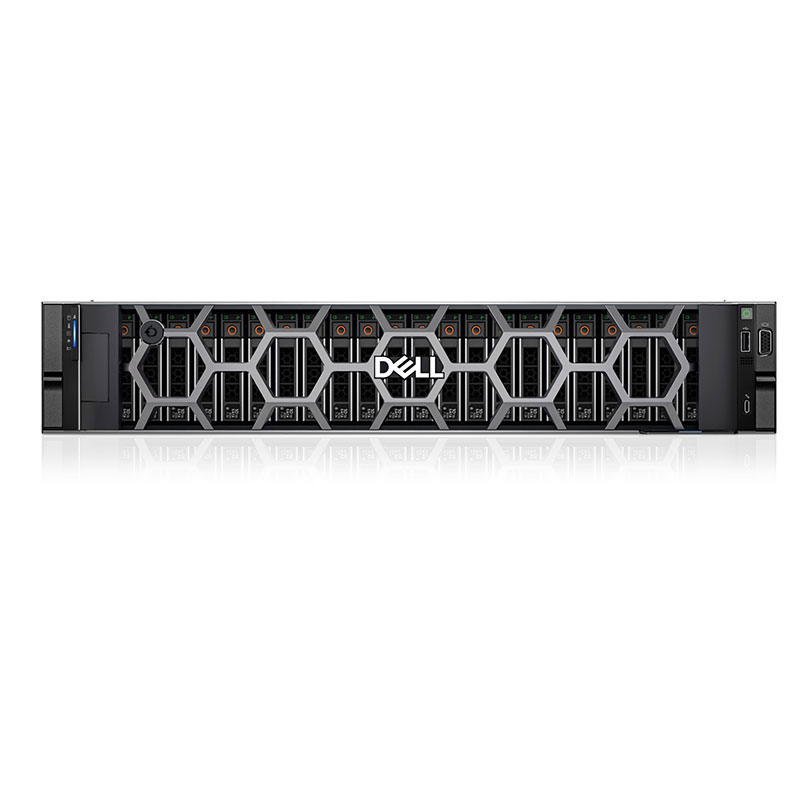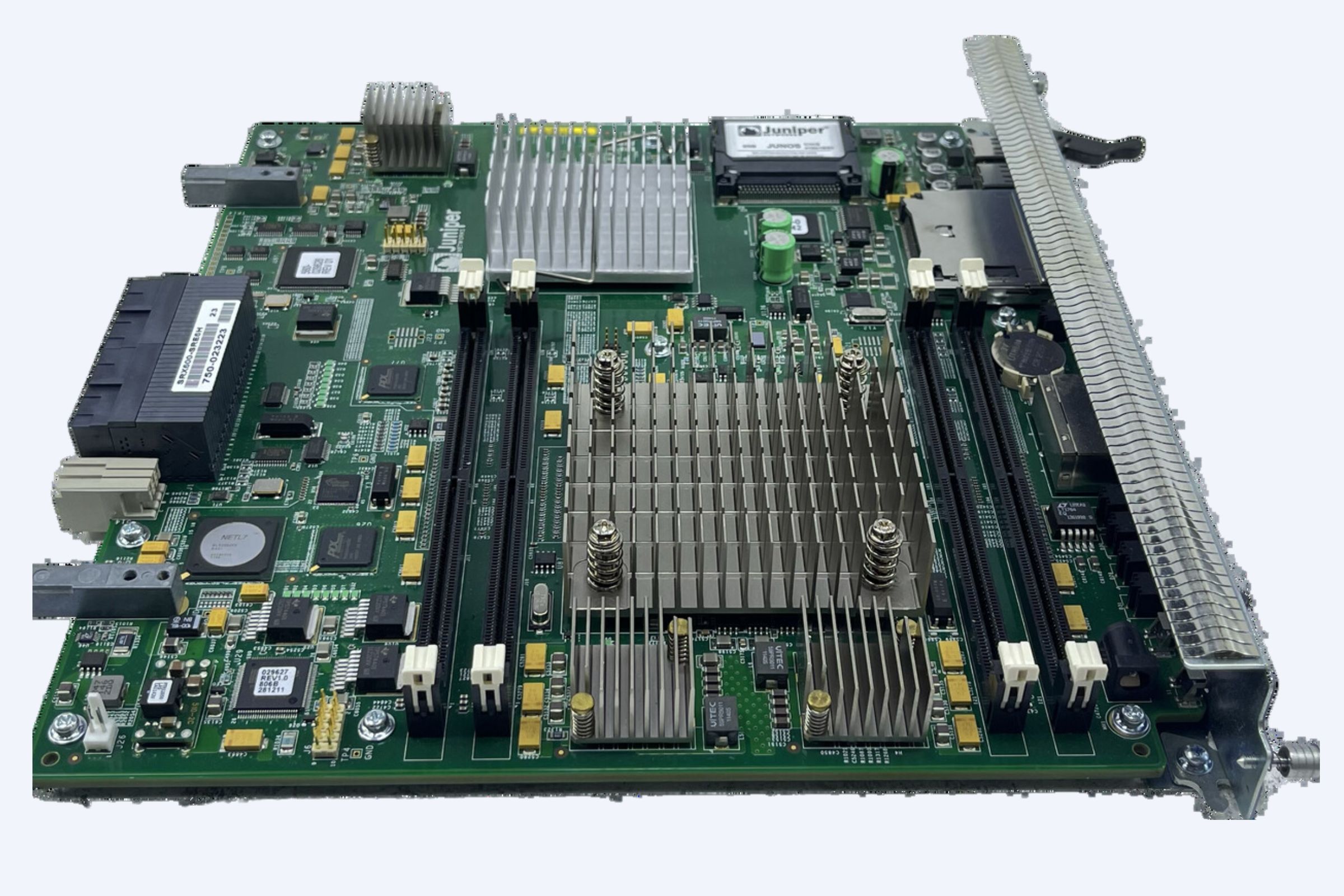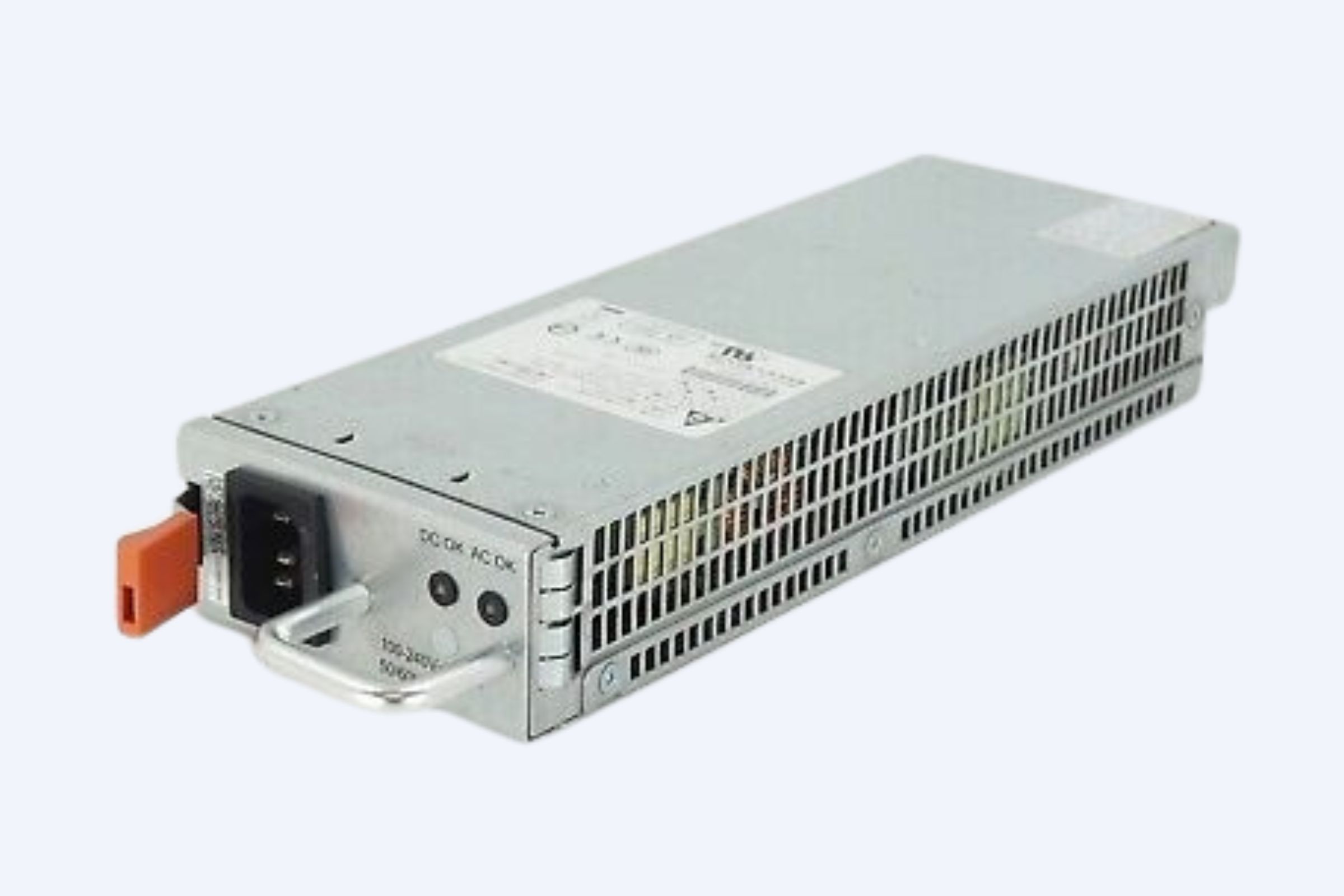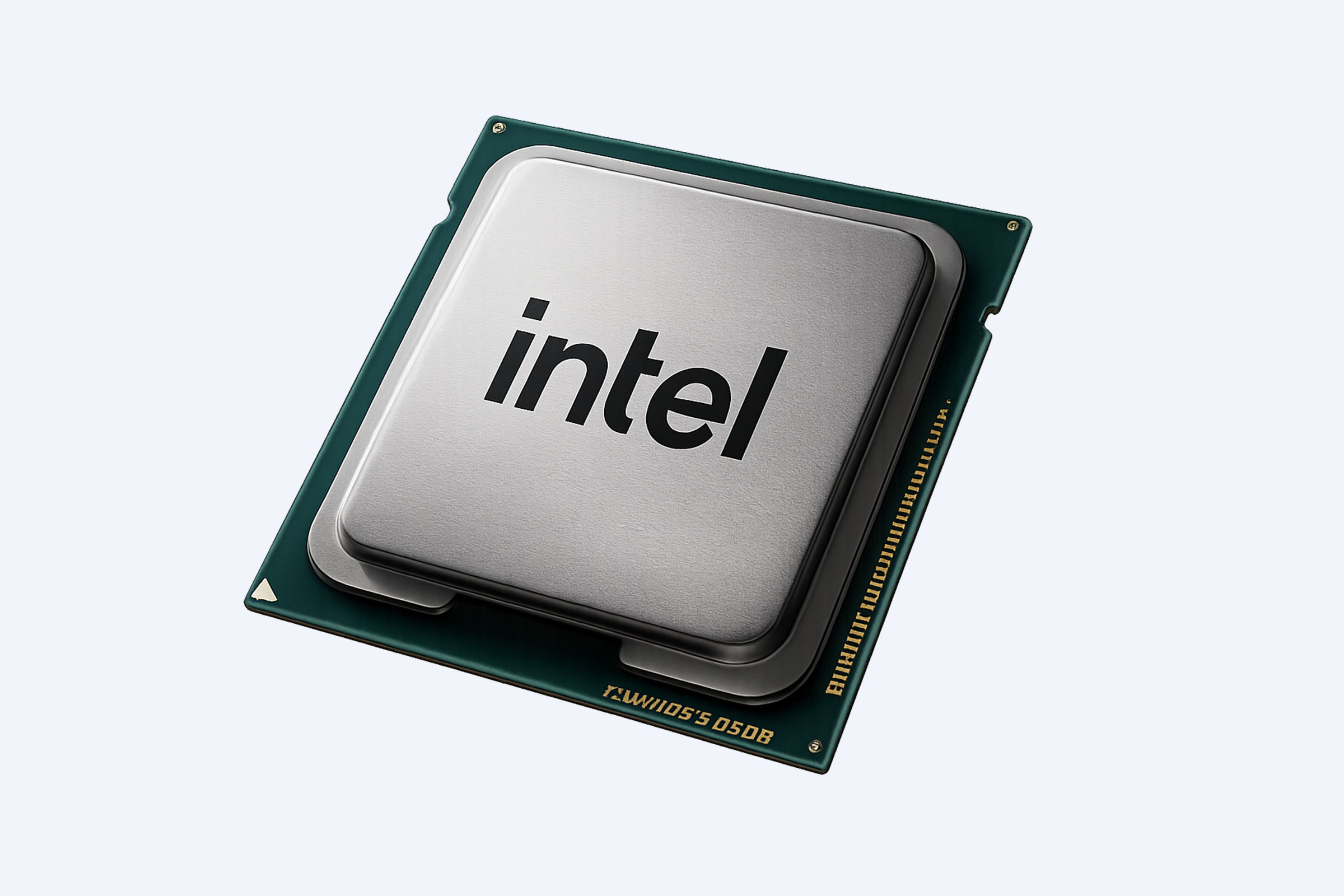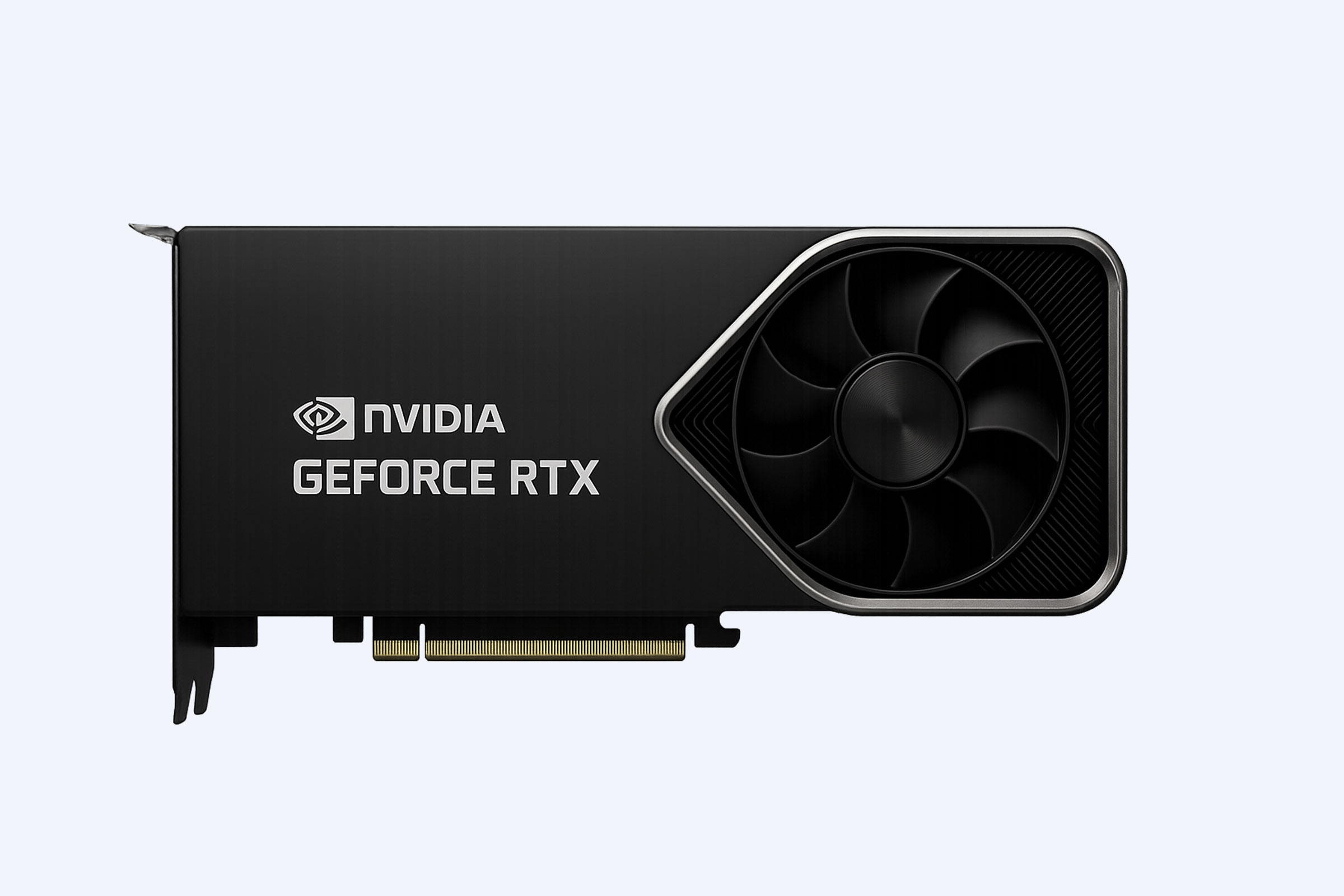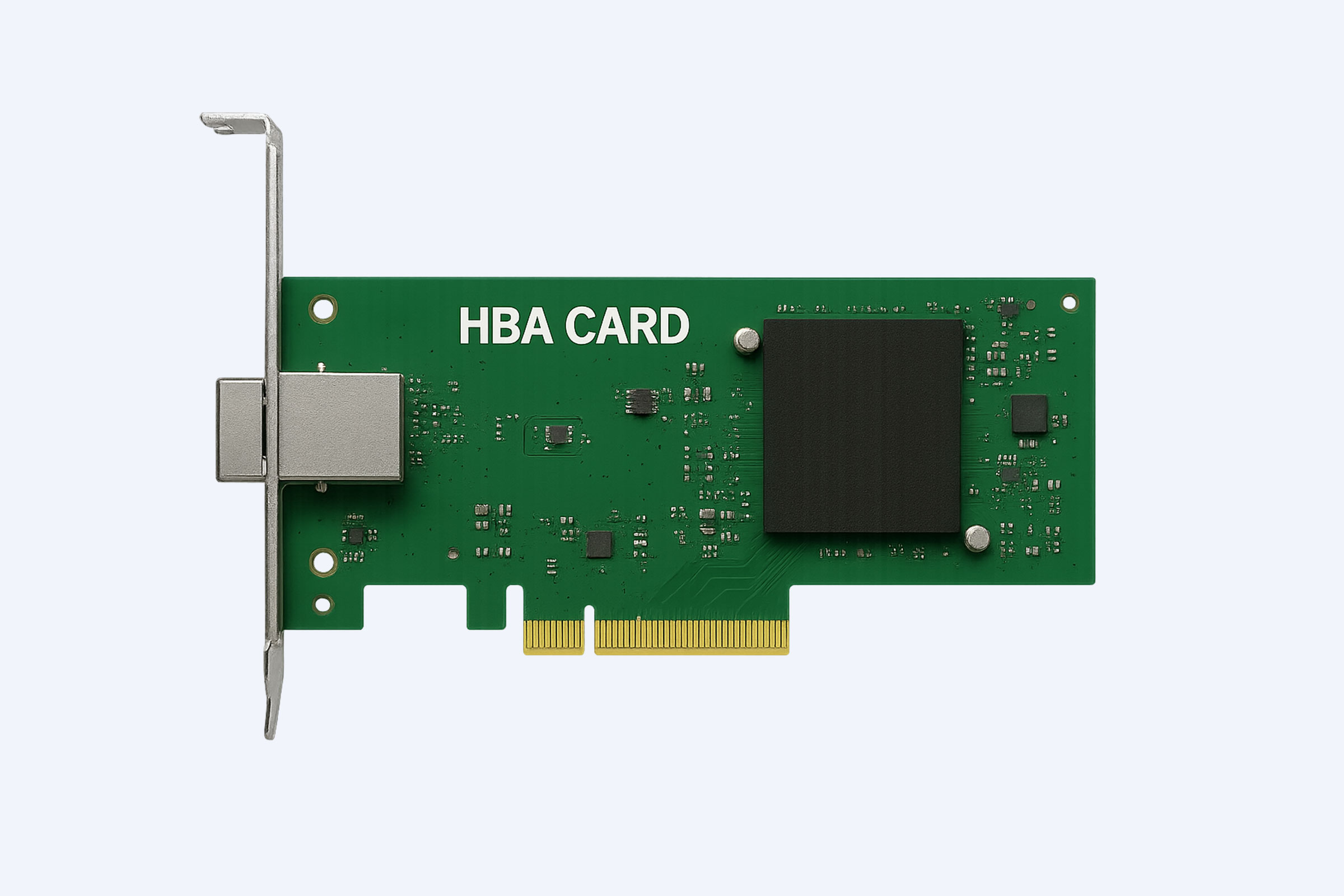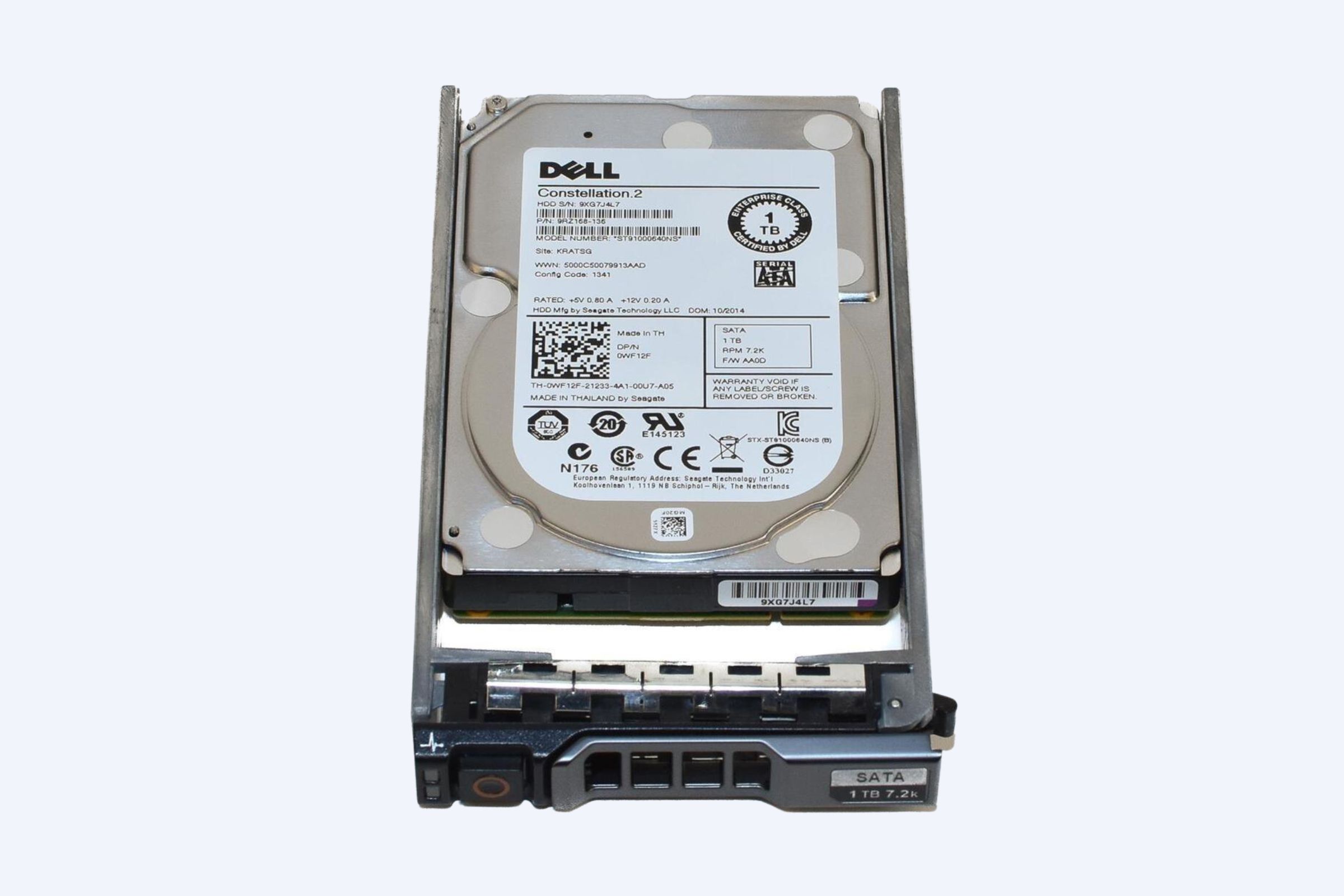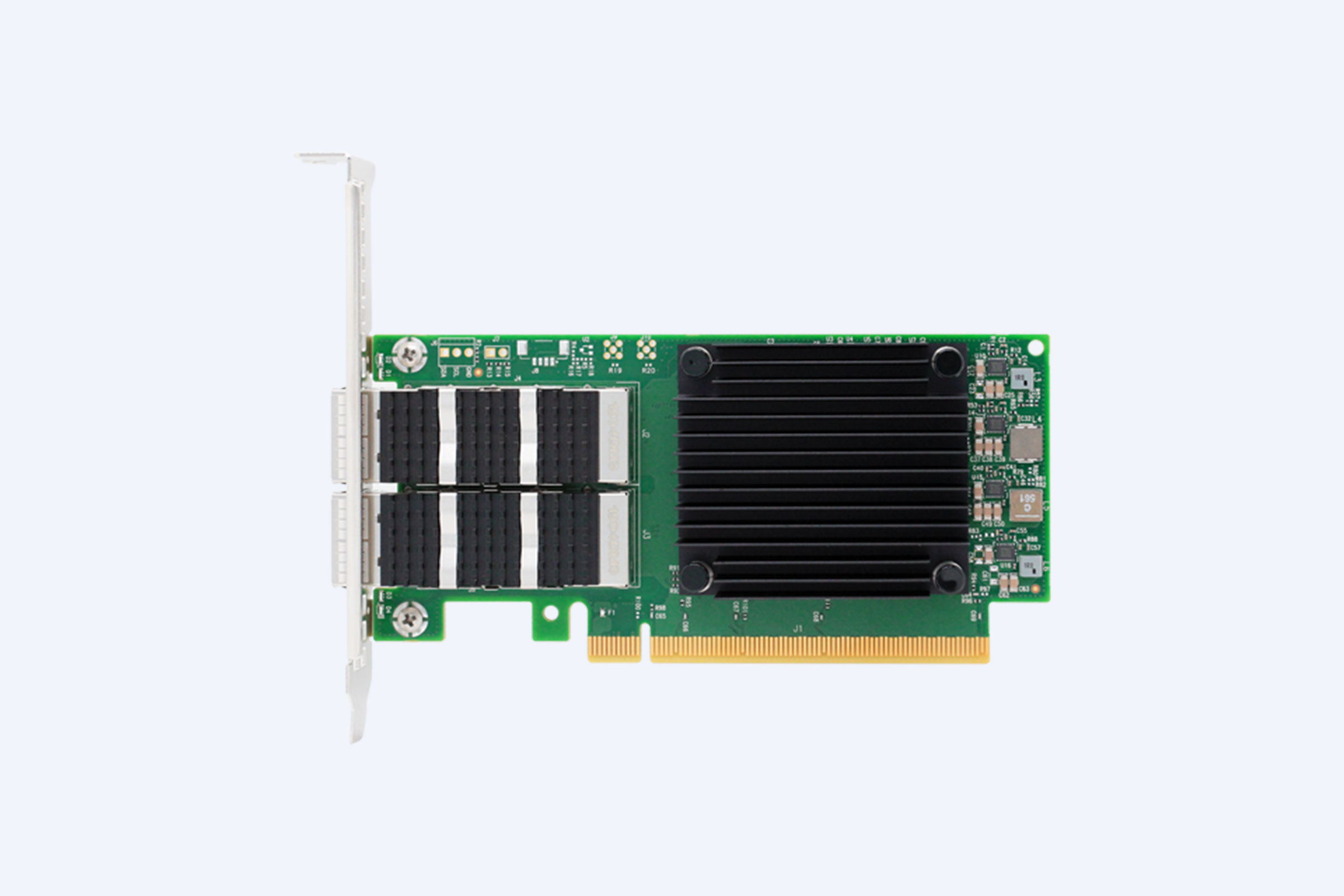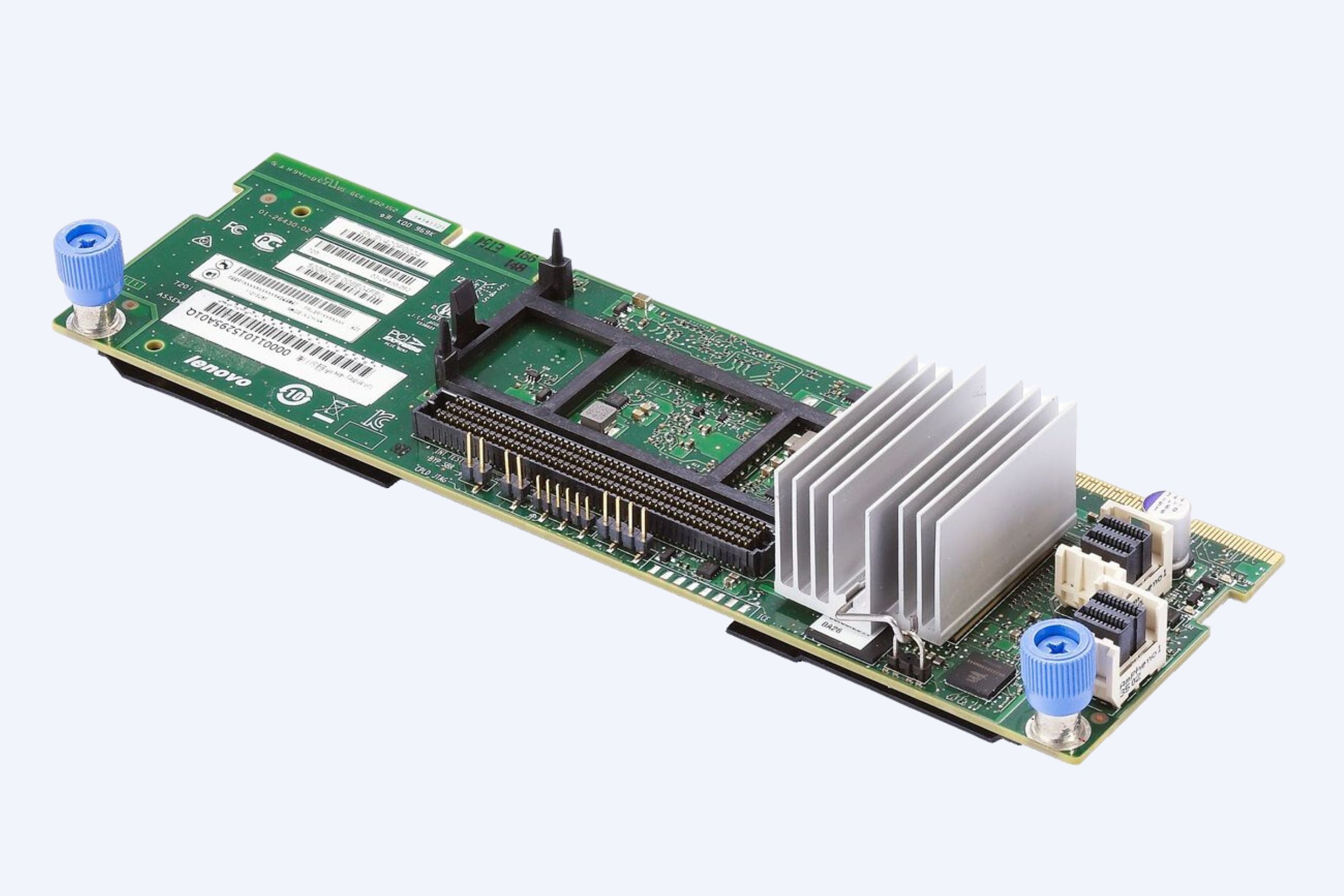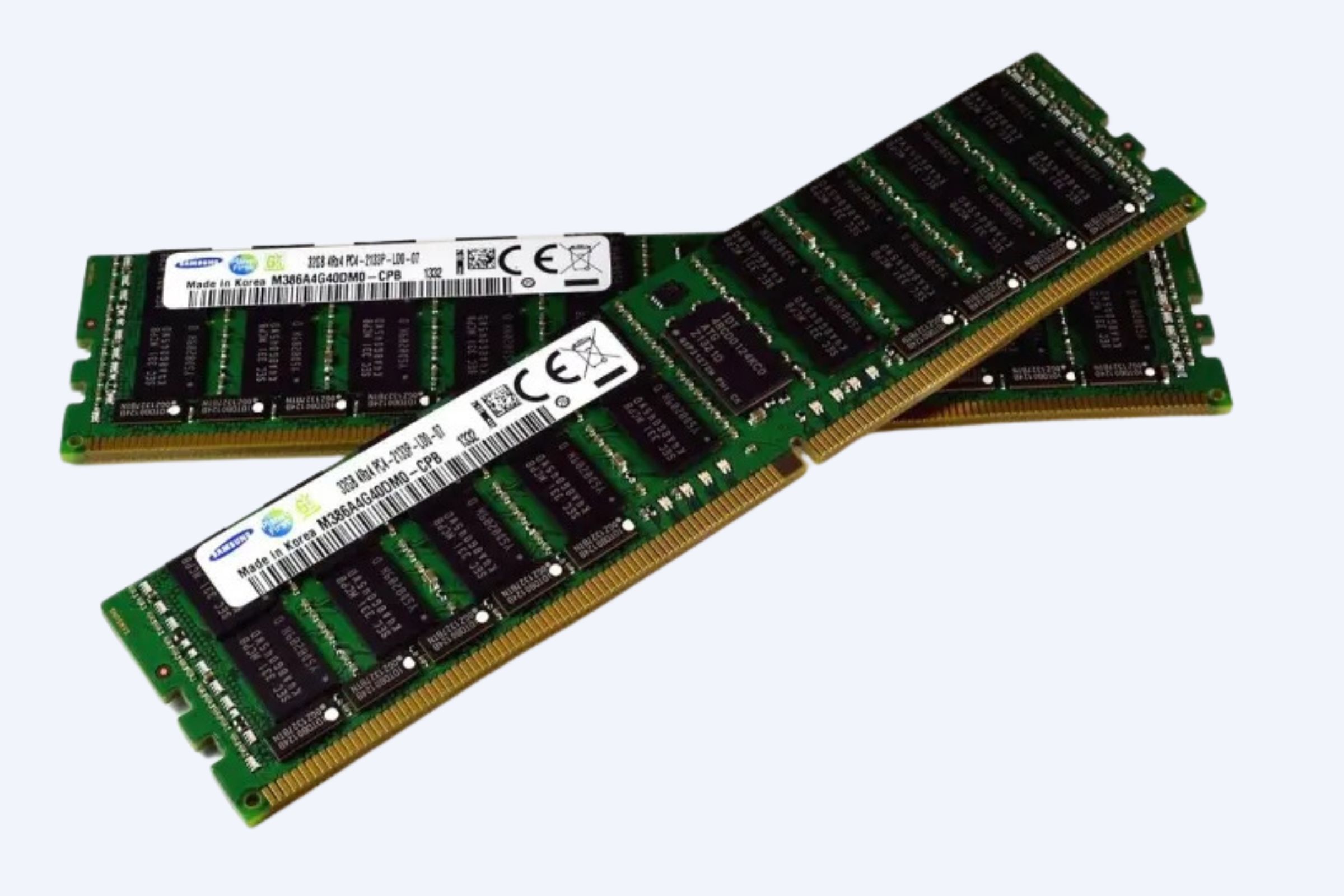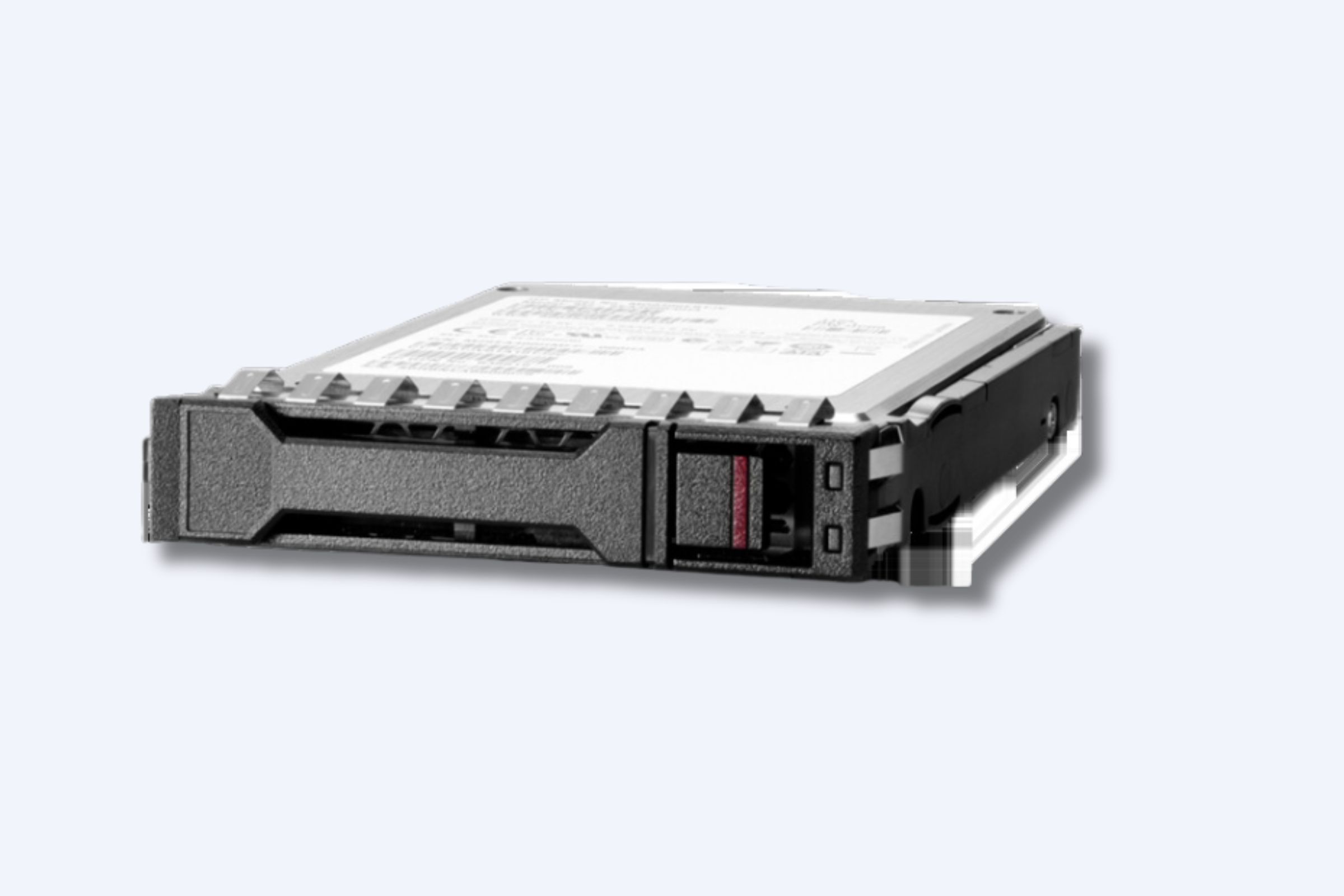EMC stands for both EMC Corporation, a major tech company acquired by Dell, and Electromagnetic Compatibility—the ability of electronic devices to operate without mutual interference. EMC ensures that products meet strict regulatory standards so they function reliably in complex electromagnetic environments, a critical factor across industries from IT to automotive.
What Was EMC Corporation and What Happened to It?
EMC Corporation was a leading American tech company specializing in enterprise data storage, security, and cloud computing. Founded in 1979, it became famous for products like Symmetrix and VMAX storage systems. In 2016, Dell acquired EMC for $67 billion, forming Dell EMC, a subsidiary that continues to offer enterprise-class IT solutions. Wecent partners with Dell EMC to supply high-performance servers and infrastructure solutions.
What Is Electromagnetic Compatibility in Electronic Devices?
Electromagnetic Compatibility (EMC) refers to how well an electronic device functions in its electromagnetic environment without causing or falling victim to interference. This involves managing the emission of unwanted electromagnetic waves, ensuring immunity to external interference, and controlling how interference couples between devices. EMC is essential to prevent malfunctions and ensure safe, reliable operation.
How Is EMC Tested and Certified?
EMC testing evaluates a device’s emissions and immunity under controlled conditions like anechoic chambers or open test sites. Tests cover radiated and conducted emissions and immunity to surges, electrostatic discharge, and fast transients. Certification ensures compliance with standards from bodies such as IEC, FCC, and CISPR, which is mandatory in markets worldwide. Wecent emphasizes sourcing fully certified equipment that meets these rigorous EMC standards.
Why Is EMC Important in Various Industries?
EMC is vital across industries including automotive, aerospace, medical, industrial, and consumer electronics. Each sector faces unique EMC challenges due to diverse devices and environmental conditions. Compliance prevents costly product failures, ensures user safety, and enables devices to coexist without mutual disruption. Wecent’s enterprise solutions support clients in highly regulated markets by providing EMC-compliant servers and switches.
How Has EMC Testing Evolved in Recent Years?
EMC testing is evolving with trends such as digitization of labs, modular testing systems, and AI-powered diagnostics. New challenges arise from the proliferation of IoT, 5G networks, and high-frequency devices, requiring more advanced shielding and virtual test environments. These innovations reduce testing costs and accelerate time-to-market for EMC-compliant products.
How Can Companies Ensure EMC Compliance Early in Product Development?
Addressing EMC early in design saves cost and time by preventing late-stage redesigns. Integrating EMC considerations into PCB layout, grounding, shielding, and filtering is crucial. Pre-compliance testing during development phases helps identify issues early. Wecent advises enterprises to partner with experienced suppliers providing certified hardware designed with EMC integrity to streamline compliance.
What Are the Main EMC Challenges for Modern High-Speed Servers?
High-speed servers face challenges from fast switching signals and dense packaging that increase electromagnetic emissions and susceptibility. Ensuring EMC involves careful PCB design, shielding, and filtering to mitigate interference. Wecent’s server products from Dell EMC and other top brands are engineered to meet these stringent EMC requirements for enterprise reliability and performance.
Where Does EMC Fit in Enterprise IT Infrastructure Solutions?
EMC is integral to designing data centers and IT infrastructure, ensuring that servers, storage, and networking equipment operate seamlessly without interference. Wecent provides a one-stop solution combining EMC-compliant enterprise servers, switches, and accessories certified to international standards such as CE, FCC, and RoHS, facilitating robust and reliable IT environments.
EMC Standards and Testing Overview Table
| EMC Test Category | Description | Test Environment |
|---|---|---|
| Emissions Testing (EMI) | Measures unintended electromagnetic energy emitted | Anechoic chambers, OATS |
| Immunity Testing (EMS) | Evaluates device’s resistance to external EMI | Shielded rooms, anechoic labs |
Wecent Expert Views
“Electromagnetic Compatibility is the backbone of reliable electronic device performance in today’s interconnected world,” says a Wecent technology expert. “Enterprises demand not only high computational power but also interference-free operation to maintain uptime and data integrity. At Wecent, we prioritize sourcing from globally certified brands like Dell EMC, ensuring our servers and network solutions meet stringent EMC standards. Staying ahead in EMC compliance through proactive design and testing enables our clients to accelerate market readiness and avoid costly recalls, reinforcing Wecent as a trusted partner in enterprise IT infrastructure.”
Conclusion: Key Takeaways and Actionable Advice
EMC, whether referring to the historic EMC Corporation merged into Dell EMC or the technical discipline of Electromagnetic Compatibility, remains indispensable in the IT and electronics landscape. Understanding EMC principles, rigorous testing, and early compliance integration drive product reliability and regulatory approval. Enterprises should leverage partnerships with experienced suppliers like Wecent, which delivers certified, high-performance hardware built for EMC resilience, ensuring long-term success.
Frequently Asked Questions (FAQs)
What are the two meanings of EMC?
EMC commonly refers to EMC Corporation, a major tech company acquired by Dell, and Electromagnetic Compatibility, which ensures electronic devices work without interference.
Why is EMC testing mandatory?
EMC testing is essential to meet international regulations, prevent device malfunction, and ensure devices do not interfere with each other.
How does Wecent support EMC compliance?
Wecent partners with leading global brands to supply fully certified enterprise servers and switches that meet EMC standards, aiding clients in seamless infrastructure deployment.
What industries require strict EMC compliance?
Industries such as automotive, aerospace, healthcare, industrial manufacturing, and consumer electronics face stringent EMC regulations due to device complexity and safety concerns.
How can product developers reduce EMC issues?
Early integration of EMC design principles, pre-compliance testing, and using certified components help reduce EMC-related product failures and development delays.



